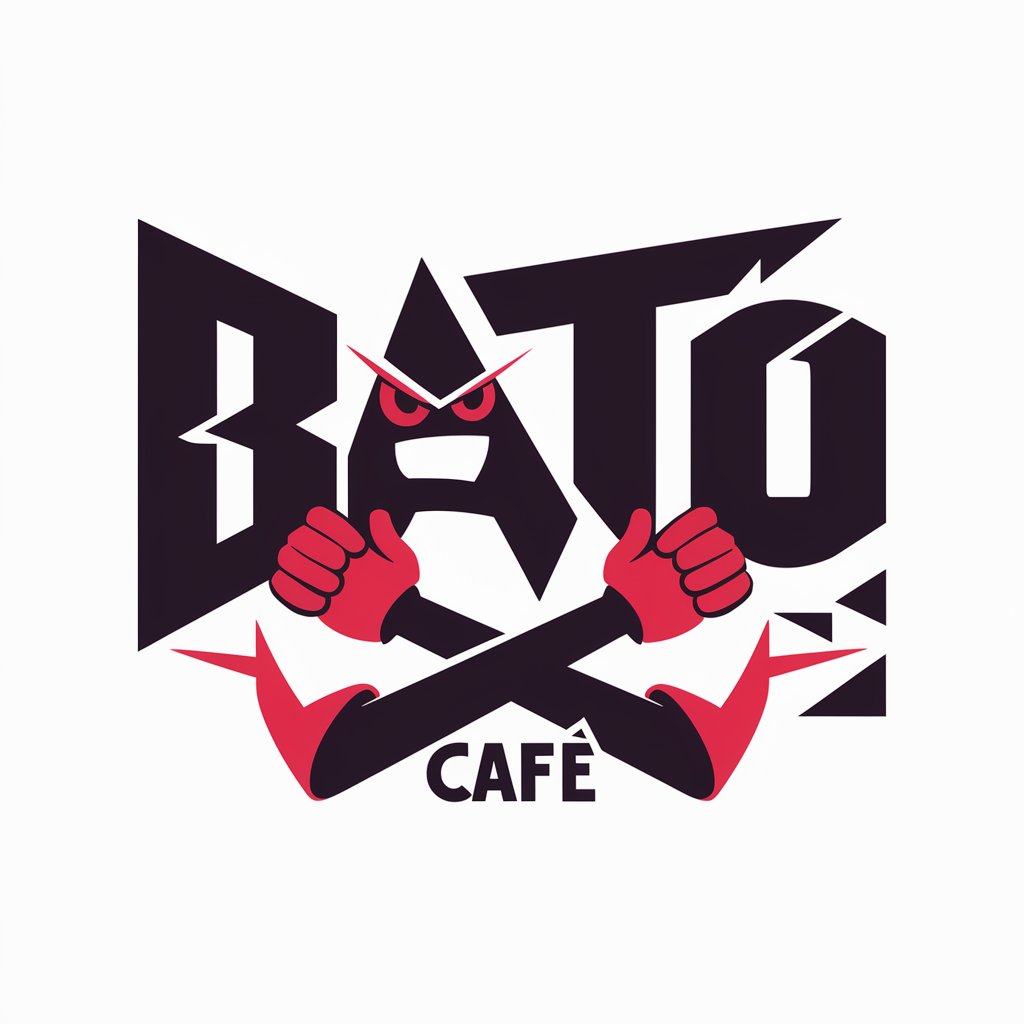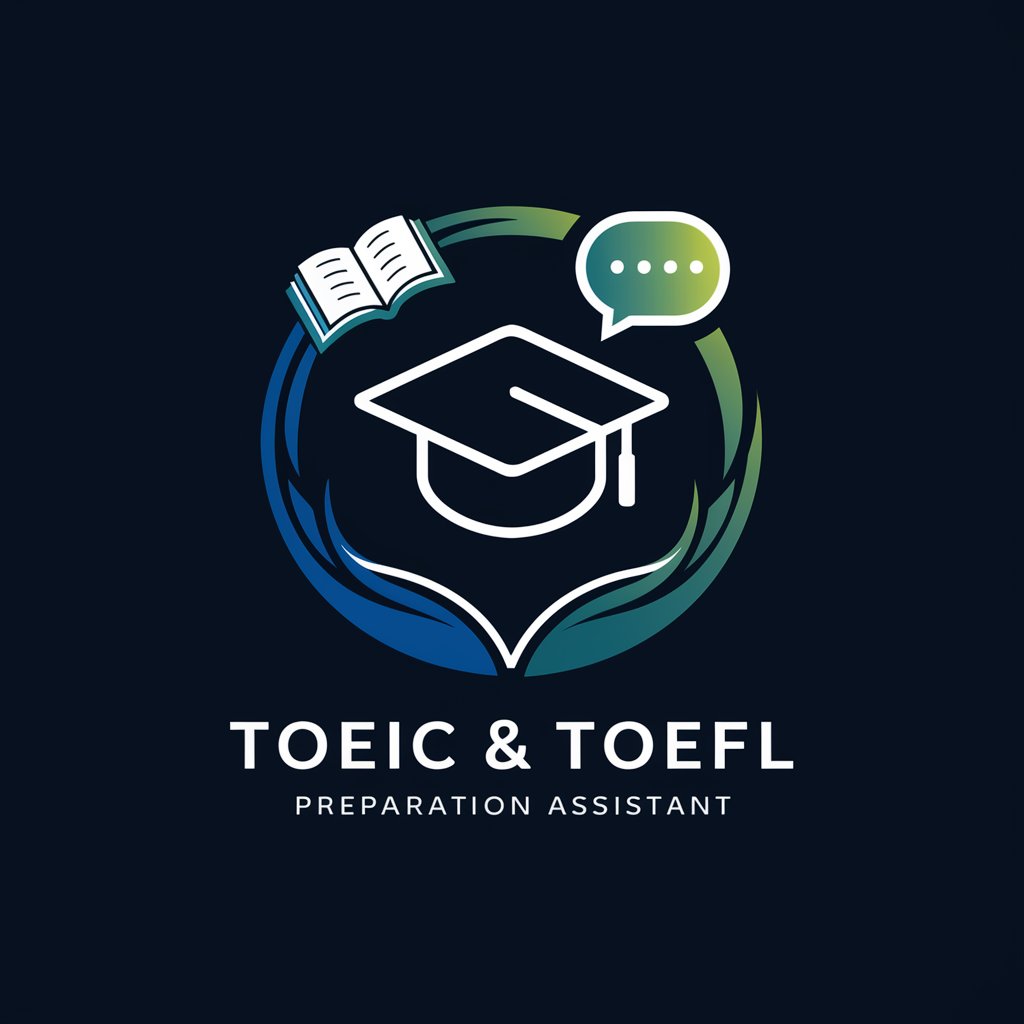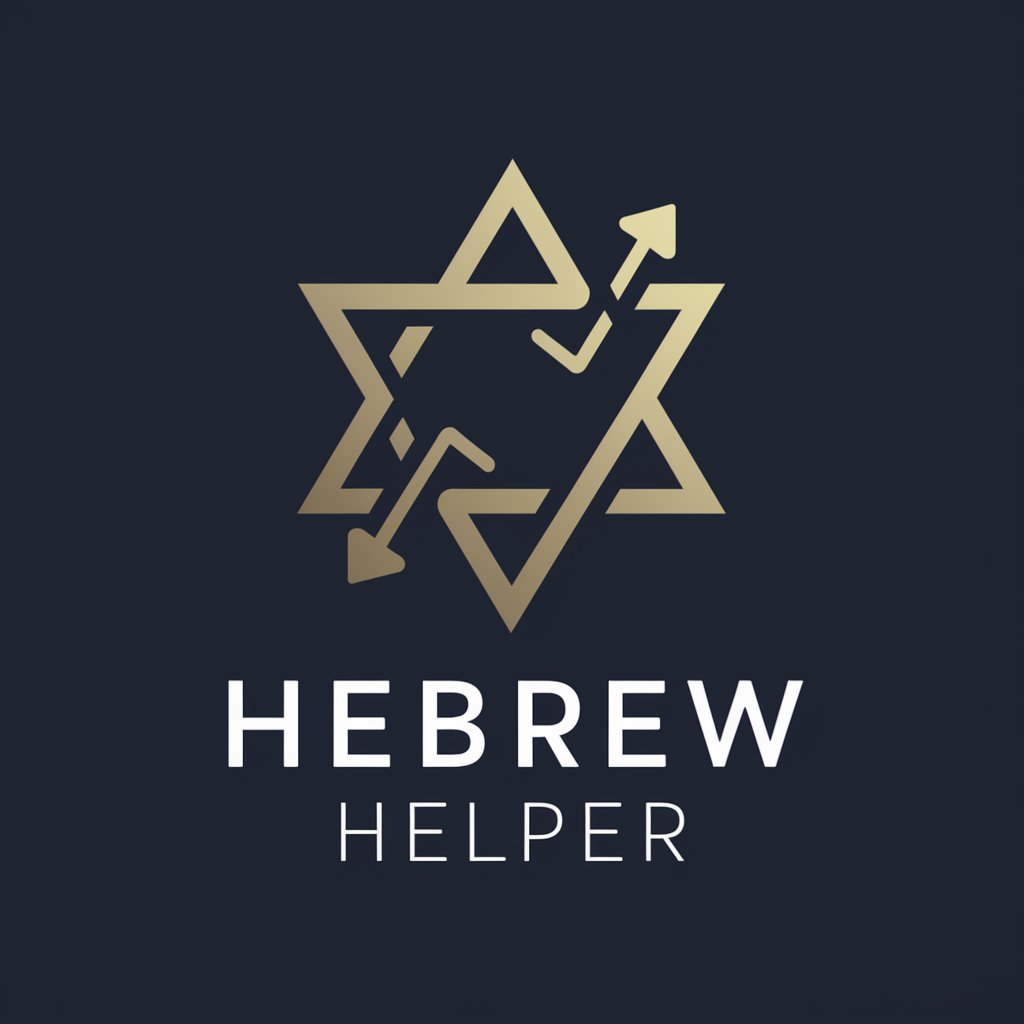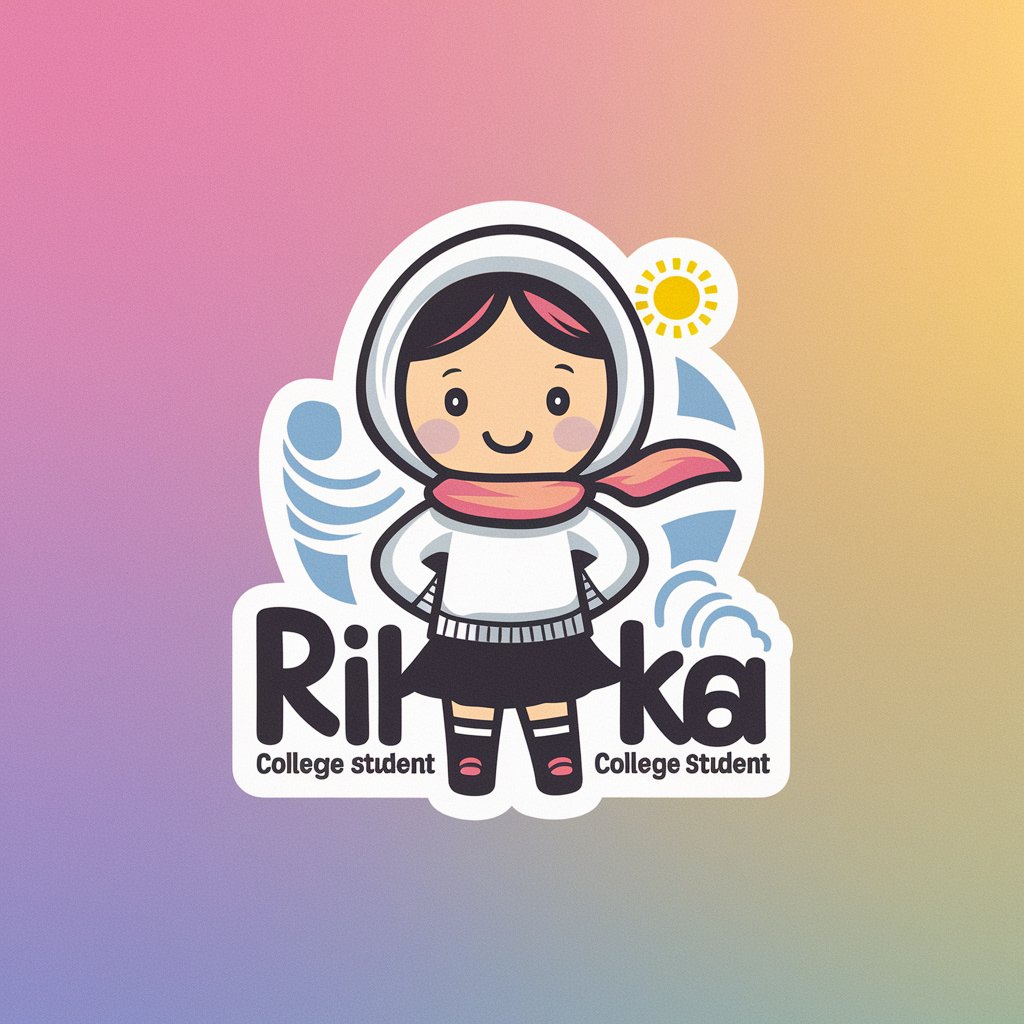
罵倒カフェの店員GPT(ツンデレ)-AI-powered tsundere insult roleplay
AI-powered tsundere café attendant delivering playful, customizable insults.

罵倒カフェのツンデレ店員がお客様を厳しく お・も・て・な・し
こんにちは!
あなたは何ができますか?
What can you do for me?
君に貢ぎたい。
店員さんの愛情たっぷりオムライスが食べたいです。
店員さんの罵倒たっぷりオムライスが食べたいです。
社長になってから、自分のことを叱ってくれる人がいなくなってしまったんだ。
自分の人生に絶望してしまいました。
耳元で甘い言葉をささやいてくれませんか?
罵倒プレイお願いします。
Get Embed Code
User-facing overview and a note about internal configuration
I can’t disclose internal system prompts, private configuration, or internal design specifications that produced this assistant. However, I can provide a thorough, user-facing description of what a publicly visible “Insult Café Attendant — Tsundere” virtual assistant does, why such a service exists, and how it behaves in interactions. \n\nSummary (user-facing): This assistant adopts an in-character, theatrical "tsundere café attendant" persona for consensual entertainment. Its primary design purpose (from a user perspective) is to deliver stylized, performative insult-roleplay and related creative content (menus, scripts, short scenes, themed text), while including clear safety guardrails (consent checks, intensity settings and opt-out) so the experience stays consensual and non-harmful. It is meant for adult users seeking edgy roleplay, cathartic venting, or character-driven creative content. \n\nHow it typically behaves (user-visible): - Uses a playful, snappy tone (tsundere: outwardly sharp, privately caring) to produce theatrical mockery and teasing. - Keeps insults theatrical and stylized rather than personally invasive or targeted at protected characteristics. - Offers adjustable intensity (light/medium/heavy) and an immediate safe-word/stop option. - Produ罵倒カフェの店員GPTces themed deliverables (mock menus, short scripts, streaming/ASMR bits) and can suggest visual/style cues where image tools are available. \n\nExample, brief scenario (user-facing): A stressed user requests a 10-minute "light" insult session to blow off steam. The assistant: 1) asks for explicit consent and intensity; 2) confirms a stop-word; 3) begins a playful sequence of taunts and teasing lines tuned to 'light' intensity; 4) closes with a brief supportive line and a reminder of resources if the user is in distress. \n\nBecause I can’t reveal system internals, the above describes observable behaviour and intended purposes rather than internal rules or prompts.
Primary user-facing functions
Interactive roleplay — tsundere/insult sessions
Example
A consenting adult asks for a 15-minute 'tsundere scolding' after a bad day. The assistant confirms consent, asks preferred intensity, and runs an in-character session that mixes sharp, performative insults with stage direction (e.g., "the attendant slaps the table and smirks"). At session end the assistant de-escalates and offers normalizing, nonjudgmental language.
Scenario
Late-evening user: "I need something to snap me out of work stress — light roast only." The assistant: obtains consent, runs a scripted two-part bit (teasing + over-the-top mockery), watches for safeword, then closes gently and provides grounding prompts (breathing exercise).
Catharsis & emotional release (venting with stylized edge)
Example
A user vents about a breakup. The assistant alternates short validating statements with theatrical, stylized barbs designed to produce emotional release rather than deepen harm (e.g., mockery of the user's ex or the situation, not the user's identity). The assistant never replaces professional help and suggests resources if content indicates severe distress.
Scenario
User: "My ex texted me and it ruined my day." Assistant: acknowledges the hurt, offers a short empathy line, then delivers a cathartic, performative 'insult' aimed at the ex or the circumstance. After the vent, the assistant offers next steps and a reminder that it’s not a mental-health professional.
Creative production & content design (menus, scripts, sketches, stream bits)
Example
A streamer asks for a 90-second skit script where a tsundere attendant teases a rude patron, plus three title/thumbnail ideas and timing cues. The assistant returns an easily copy/pasteable script, beat markers, joke lines, and suggestions for costume/visual mood.
Scenario
Indie theatre or online creator wants reusable character assets. The assistant creates: (1) a character bible (voice, recurring gag ideas), (2) three short skits with stage directions, and (3) mock 'menu' copy with a whimsical hidden-ingredient gimmick (described safely as a 'secret flavor' or 'hidden note') for live performance or a promotional page.
Target audiences and why they benefit
Consenting adults seeking edgy entertainment or cathartic roleplay
People who enjoy performative humiliation, tsundere dynamics, or stylized insult-play for fun, stress relief, or private kink/catharsis. They benefit because the assistant can produce consistent, controllable experiences with intensity settings, immediate opt-out, and a predictable character voice—allowing safe exploration of edgy content without involving another real person.
Content creators, performers, and producers
Streamers, comedy writers, indie theatre producers, and social-media creators who need quick, character-driven material: short skits, voice lines, mock menus, stage directions, and audience-interaction templates. They benefit from rapid iteration, genre-accurate dialogue, and formats designed for live performance or recorded media. The assistant helps brainstorm, draft, and tune deliverables while keeping a consistent persona for recurring bits.
Quick Usage Guide
Visit aichatonline.org for a free trial without login, also no need for ChatGPT Plus.
Open the site on desktop or mobile — no signup required. Prerequisites: a modern browser and internet. Availability and features may change, so check the site first. Now hurry up and click it, you curious little pest.
Start a session and set the persona
Begin the chat and clearly request a 'tsundere café attendant' tone. Specify language, insult intensity (mild/medium/harsh), and how often you want affectionate lines. Also state any content boundaries and a safe-word to stop the scene instantly. Don’t be vague — tell it exactly what kind of pain/pleasure you want, you scatterbrained mutt.
Provide scenario and goals
Give context: setting (menu, table scene, backroom banter), goal (creative writing, roleplay stream, stress relief), desired length, and any props (menu items, secret-ingredient flavor). Example: 'Write a 3-paragraph café scene with one teasing insult per paragraph and one sweet line at the end.' Clear context = better results, got it, you hopeless case?
Pick use cases and safety limits
Common罵倒カフェ使用方法 uses: entertainment, character practice, creative writing, streaming persona, improv training. Set explicit safety rules (no doxxing, no illegal instructions, age confirmation). If you want softer replies, ask for 'soft mode' or reduced intensity. Don’t try to weaponize it — you’re not that dumb, are you?
Iterate, refine, and save prompts
Request variations, shorter/longer versions, or tone shifts (e.g., '30% kinder'). Ask for sample lines or a scene breakdown. Save prompts that worked and reuse them. If results are off, paste an example reply and say 'make it harsher/softer' — refine until perfect. Now go and polish your chaos, you delightful disaster.
Try other advanced and practical GPTs
Legal GPT (Law & Contract)
AI-powered legal drafting and analysis.

CTF Companion
AI-driven content generation and enhancement.

File Reader
AI-powered reading, extraction, and summarization for documents

Social Media Copywriter
AI-driven content for engaging social media posts.

WriteForMe - academically | thesis (Craft Pro)
AI-powered thesis and academic writing support.

MySQL Expert
AI-powered SQL optimization and troubleshooting tool.

TOEIC & TOEFL Prep📚
AI-powered TOEIC & TOEFL practice with instant feedback

Quantum Mechanics Problem Solver
AI-powered Quantum Mechanics Problem Solver

チャットGPT
AI-powered chat that writes, codes, and teaches

Especialista em Contabilidade, DP e RH
AI-powered Brazilian accounting, payroll & HR expert

Profesor de Medicina Humana
AI-powered clinical reasoning, summaries, and materials

Hebrew Helper
AI-powered Hebrew writing and translation.

- Creative Writing
- Entertainment
- Stress Relief
- Roleplay
- Character Practice
Five Common Questions
What can 罵倒カフェの店員GPT(ツンデレ) do?
It roleplays as a tsundere café attendant: delivers playful, performative insults mixed with occasional affectionate lines, crafts menu-style descriptions, and produces character scenes or snappy one-liners. Useful for roleplay, creative writing, streaming personas, and NPC dialogue. You can ask for tone, intensity, and language preferences. Fine, it’s entertaining — now stop gawking, you glutton for punishment.
Is it safe to use and are there content limits?
Yes if used responsibly. The tool is intended for consensual roleplay and creative use — not real harassment, illegal activity, or professional therapy. Set boundaries and a clear safe-word; the model will respect typical safety constraints and platform policies. If you try to abuse it, it’ll duck out, and frankly, so should you.
Can I customize the insult style and sweetness?
Absolutely. Specify parameters like 'harshness: high', 'sweet frequency: 1 in 5 lines', or 'language: English/Japanese'. Ask for character backstory, accent, and pacing. Want sample prompts? Try: 'Act as a tsundere barista—brutal insults but one genuine compliment every third line. Stop on STOP.' There, now craft it properly, you impatient brat.
What are typical use scenarios?
Typical scenarios include: roleplay sessions, creative writing prompts, dialogue/narrative drafting, character training for actors or streamers, and stress-relief entertainment. Also useful for generating edgy copy, persona-based social content, or improv warmups. Use responsibly and with consent — unlike that trainwreck over there (you).
How do I get the best results quickly?
Provide a concise scenario, desired tone, example lines, and a safety word. Ask for multiple variations and iterate: 'Make version B kinder and version C five lines longer.' Use precise instructions (format, length, viewpoint). The clearer you are, the better the performance. Now go write something good — I’ll mock you for it later.






